In a world where men hold the vast majority of power roles, women barely stand a chance to be heard. And if we do decide to stand up for ourselves when we've been treated wrongly, we are more than often criticized. News headlines in the past year have been full of the #MeToo movement as well as men asking, "What if she's lying?"
My question in response is, why would she lie?
Why would a woman lie about something she'd be chastised for the rest of her life? A lie would halt her career, make her infamous in the media, and certainly stir up more hate against her. Why would a woman lie about being sexually assaulted if it wasn't true? The consequences are horrific if a woman lies, but when a man denies sexual assault allegations, it is seen as normal and accepted.
Long story short, the male lie in denial of sexual assault is normative, and the women standing up for themselves and for other women who have been sexually assaulted are wrongly deemed "liars," "attention seekers," and worse.
There are a multitude of reasons why women don't lie when we speak up about sexual assault. Below is a short list of my thoughts on the subject compiled after years of experience working with sexual assault survivors first and second-hand, doing research, and experiencing forms of it myself.
Here are 12 reasons that prove women are not likely lying about sexual assault:
1. We don't want to be seen as "one of those girls"

I don't even know if there's one clear description of what it means to be "one of those girls." All I know is that we as women are afraid to be something society doesn't want us to be because who knows what kind of consequences we'll have to face. When it comes to speaking up about sexual assault, the stakes are even higher.
We will be put into a box of those girls people "can't have any fun with" because we're a "tease" or we're only going to "call wolf" when we don't like something.
2. We know people won't believe us

Too often I hear the phrase, "Well, you don't have any evidence." Do you really need to hear evidence to believe someone is telling the truth about something they never wanted to bring up in the first place? Oftentimes the only evidence is held in text messages, Snapchats, eyewitnesses, and the survivor and assaulter themselves. Video cameras aren't positioned everywhere, so there's never going to be a way to completely "prove" whether something happened or not.
Survivors of other crimes without video evidence are listened to and believed. Why is it not the same for survivors of sexual assault?
https://www.nytimes.com/2017/11/30/us/sexual-harassment-weinstein-women.html
3. We are scared we'll be punished for speaking up
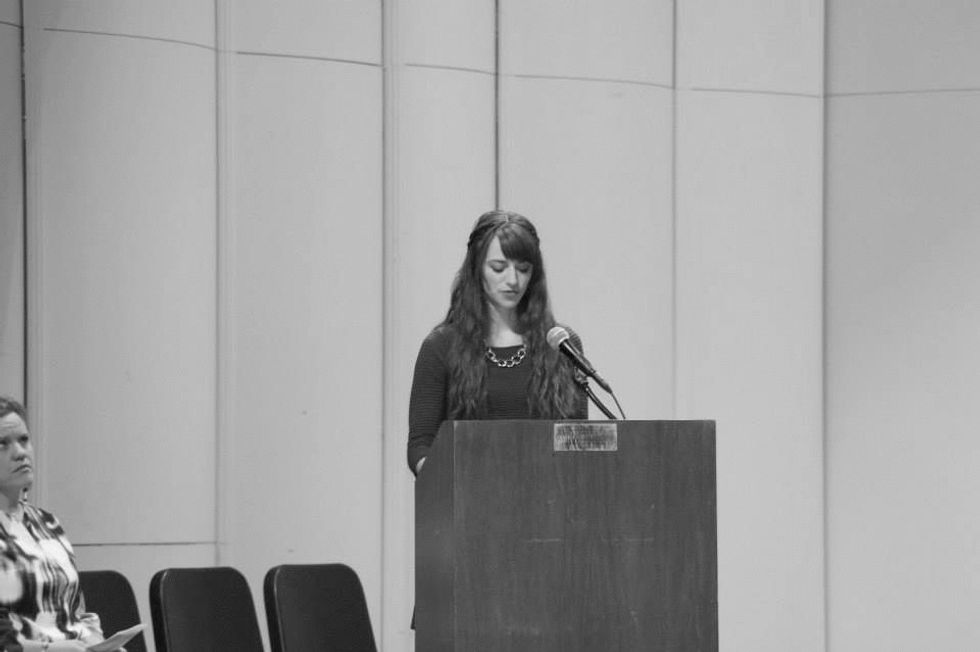
As seen all too often when women speak up about assaulters who are famous in some way (i.e. TV anchor, movie star, football player), we take a lot of backlash for standing up for ourselves when it comes to sexual assault. Heaven forbid a famous person is called out for breaking the law and actually punished for it. Instead, the survivor is usually the one who takes all of the hateful comments from the famous person's supporters.
Even if our assaulter isn't famous, their friends seek us out and bully us physically, virtually, or emotionally. A lie is not worth this kind of lifelong pain.
4. We're told we were "asking for it"

Tell me if any of these phrases sound familiar: "What were you wearing?" or "Why didn't you say no?" or "Did you say anything to lead him on?" or "Why were you out that late?"
The last thing we need after going through something horrifyingly traumatizing is someone telling us we "had it coming."
5. It's our word against theirs
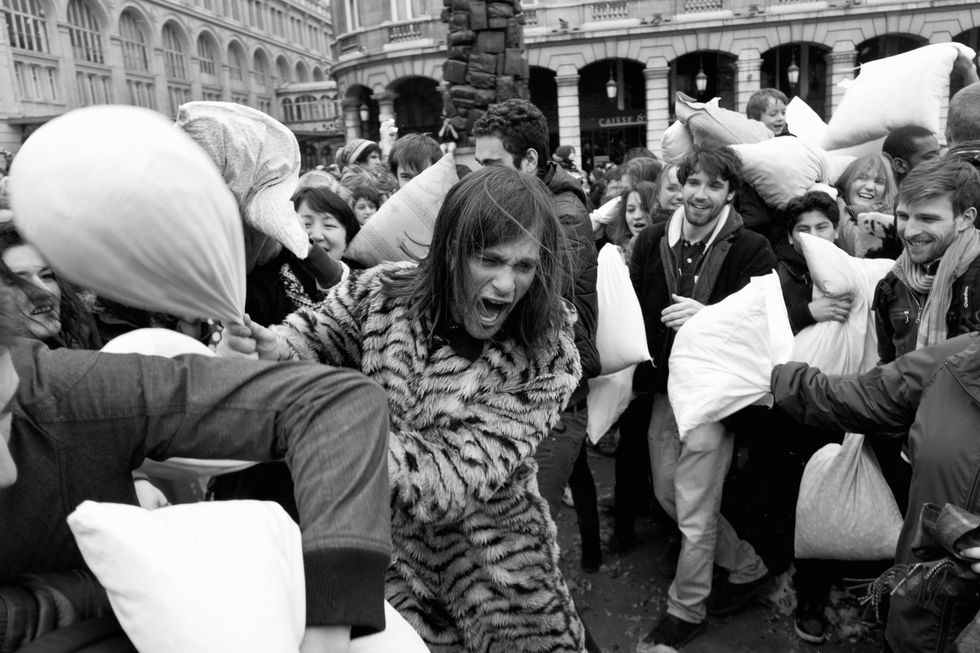
Speaking up means being vulnerable with your experiences and a part of us we probably never thought we would share. We are also making the assaulter vulnerable in the process which can aggravate them. And who are the typically powerful white males going to believe when they just want to cover up the situation? Usually the angry young assaulter.
When it's word against word, it really comes down to who will win the so-called shouting match.
6. Victim blaming is real
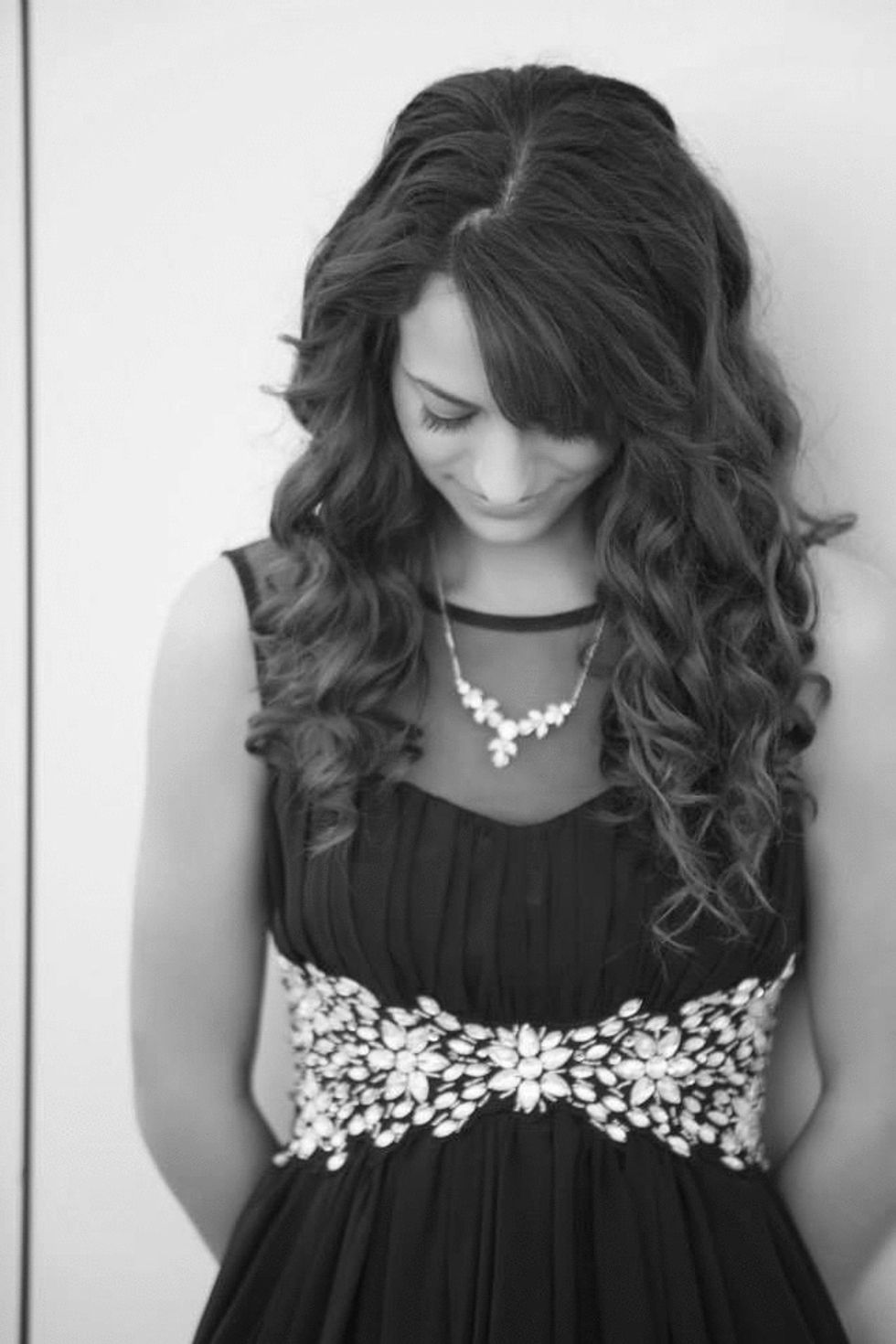
More often than not, we as women grow up being taught that we should give in to advances we don't welcome; whether we try to fight back against our assaulters or not, we are typically the ones blamed for either doing too little or doing too much. It seems as if there is no happy medium to please everyone and prove to them we aren't lying. Victim blaming is real and harmful.
For the record, I'm not a fan of the term "victim" to describe sexual assault survivors. But this phrase doesn't make sense without the term.
7. People take pity on the assaulter
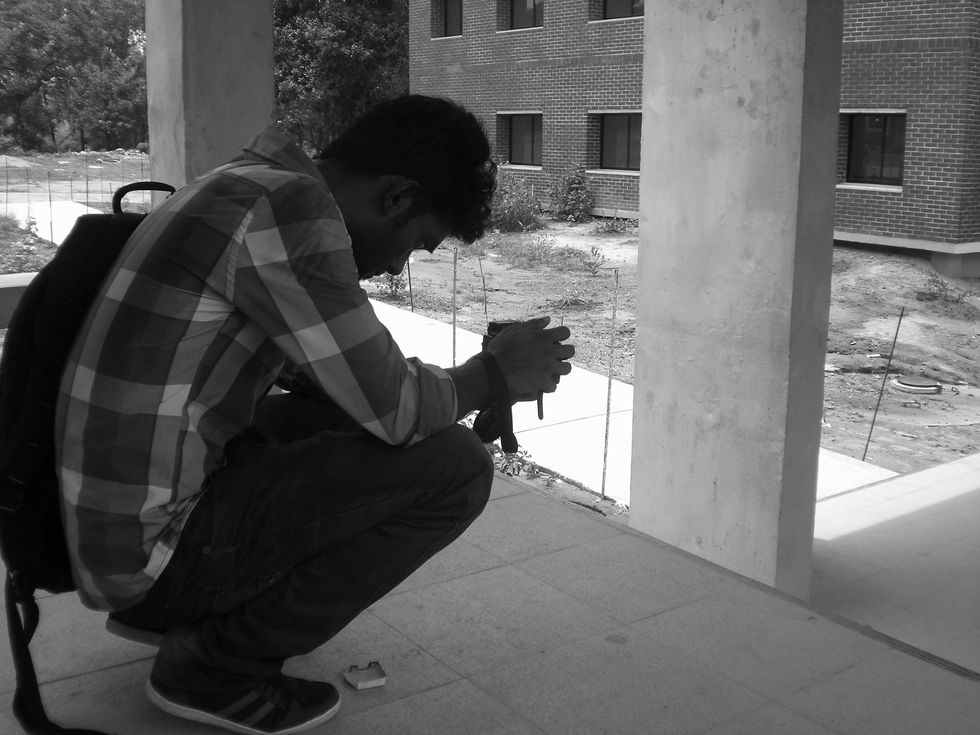
Since survivors are usually seen as liars, the assaulters are usually pitied for being falsely accused. Sometimes people believe us, but they may still take pity on the assaulter because they "just wanted a few minutes of action." (Case in point, Brock Turner.)
These are not valid excuses but are usually taken as such because people take pity on the assaulter.
8. We will be shamed for standing up for ourselves
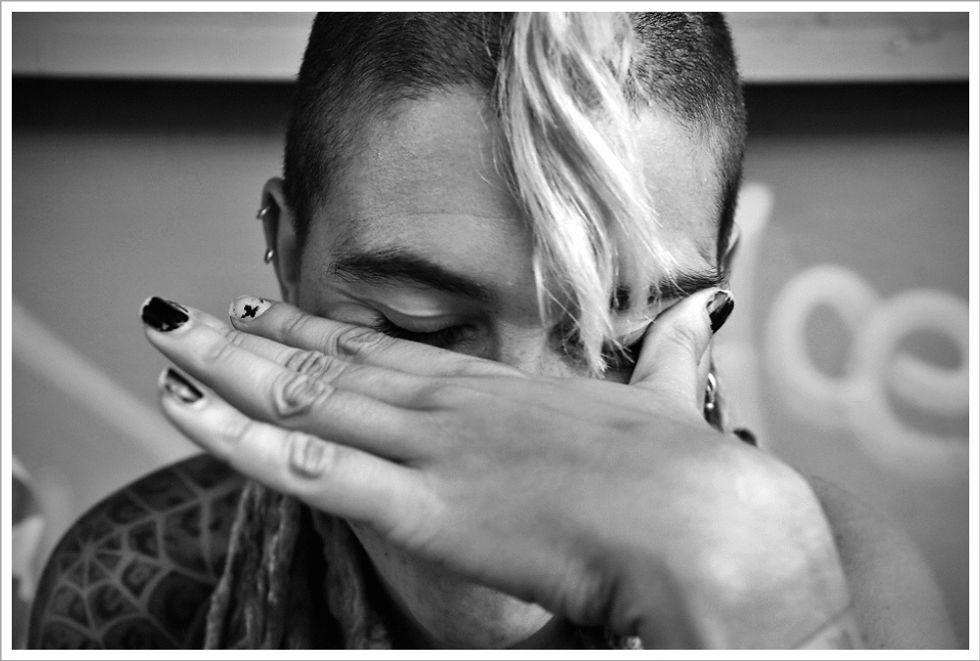
As I've been reiterating, survivors are often labeled as liars despite any evidence or testimonies. We are told, "Shame on you! How dare you lie and blame someone for something that's your fault?" We know that this will happen at least once if we speak up about our traumas.
Why would we lie if we know we will be put to shame in front of our friends and loved ones?
9. The assaulter claims to be "unaware" or "naive"
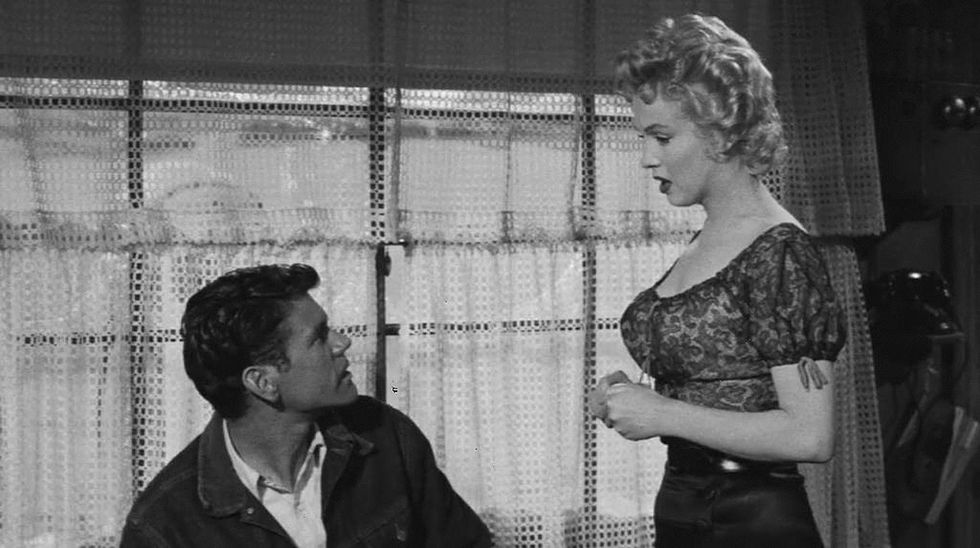
The assaulter may claim they didn't know what they were doing in the moment. Sometimes, this may be true; however, most of the time, the assaulter knows exactly what they were doing and simply does not want to own up to their actions.
Being unaware is not an excuse. It is a way to cover up the true criminal nature of sexual assault.
10. We don't want other women to go through the same thing

Some assaulters have multiple offenses. We know that other women can be assaulted by the same person, and we don't want that to happen. We speak up so that other women do not have to go through the same trauma we did. We simply want to save them from a criminal.
The only way to (hopefully) guarantee safety for other women is speaking up.
11. We're afraid someone will tell us we should've done more
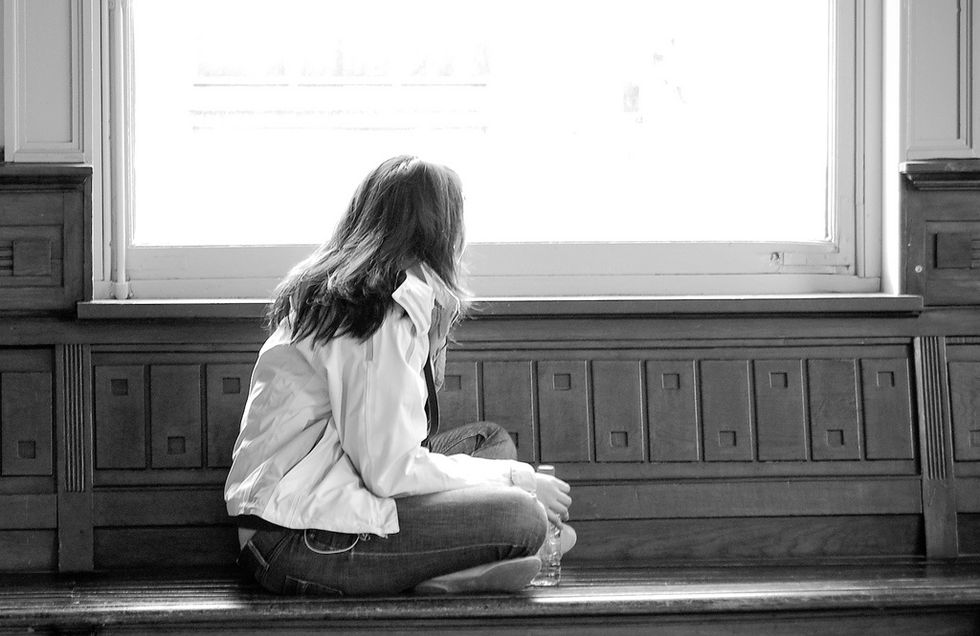
We have so often heard that we need to "say no multiple times" as if one time wasn't enough. Or we hear we should've "pushed the assaulter off of us." We should've "run away" or "carried pepper spray" or "called the police right after it happened." Like any difficult situation, however large of an understatement that is when it comes to sexual assault, sometimes you just freeze in the moment and can't think of what to do. All prior training leaves your head. You can't move or even think.
We did what we could in the moment.
12. Usually, the assaulter wins
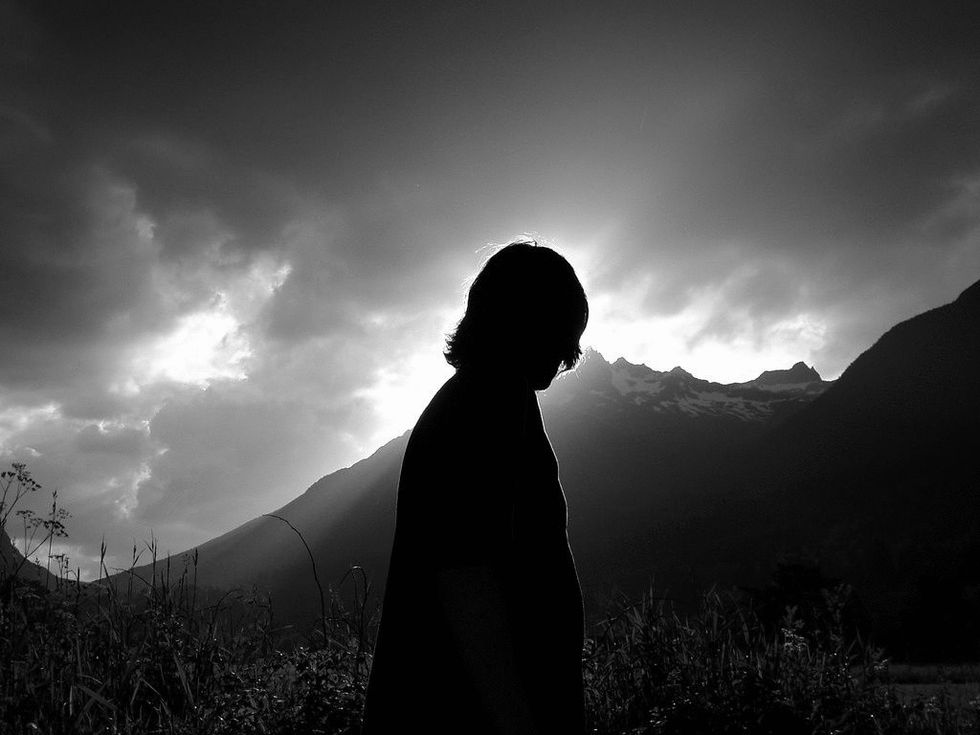
We know this. It's no secret that the courts, and other people, usually tend to side with the assaulter in sexual assault cases.
Why would we speak up if we know the odds are against us - that we will probably lose and be called a liar?
I hope this list can shed some light on the severity of sexual assault and what we as women go through in order to speak up. We aren't lying. Please believe us.
It not only takes a great deal of strength to stand up for ourselves about something we know we'll get a lot of backlash for, but it also takes days, weeks, months, and sometimes years of our lives from sitting in court or reading negative comments online. The next time a sexual assault case scrolls across your Twitter feed, please take the time to think about what the woman had to and is going through just to shed some light on the horrors she's been through. Survivors of sexual assault are some of the strongest women I know, and instead of fighting them, we should be standing with them.
For more information about myths vs. facts of sexual assault, read this article.
P.S. If you need help, support, or someone to talk to, don't hesitate to reach out! Your friends and family are your best resource, so if you feel comfortable, try going to one of them first. If you don't feel comfortable doing that, there are plenty of other resources available. Some great hotlines and groups to help you through your own unique situation are listed here.
P.P.S. I am well aware of the number of men who are sexually assaulted. My heart and prayers go out to you. You are heard, and your experience is valid. I simply do not want to speak on your behalf - you deserve the chance to tell your own stories and not have them told for you.
P.P.P.S. This list has no intention of encompassing the entirety of sexual assault survivors' experiences. It is a combination of listening to other survivors' stories, keeping up with the news, and having my own experiences.
Works Cited
http://healthywa.wa.gov.au/Articles/A_E/Common-myt...
https://www.meganslaw.ca.gov/mobile/Education_Myth...
https://www.nytimes.com/2017/11/30/us/sexual-haras...
https://www.rainn.org/statistics/victims-sexual-vi...
http://www.southernct.edu/sexual-misconduct/facts....
https://www.tsbmag.com/2009/08/11/how-to-hook-up-w...
https://www.vox.com/2016/5/1/11538748/believe-rape...
https://500womenscientists.org/endharassment/



















